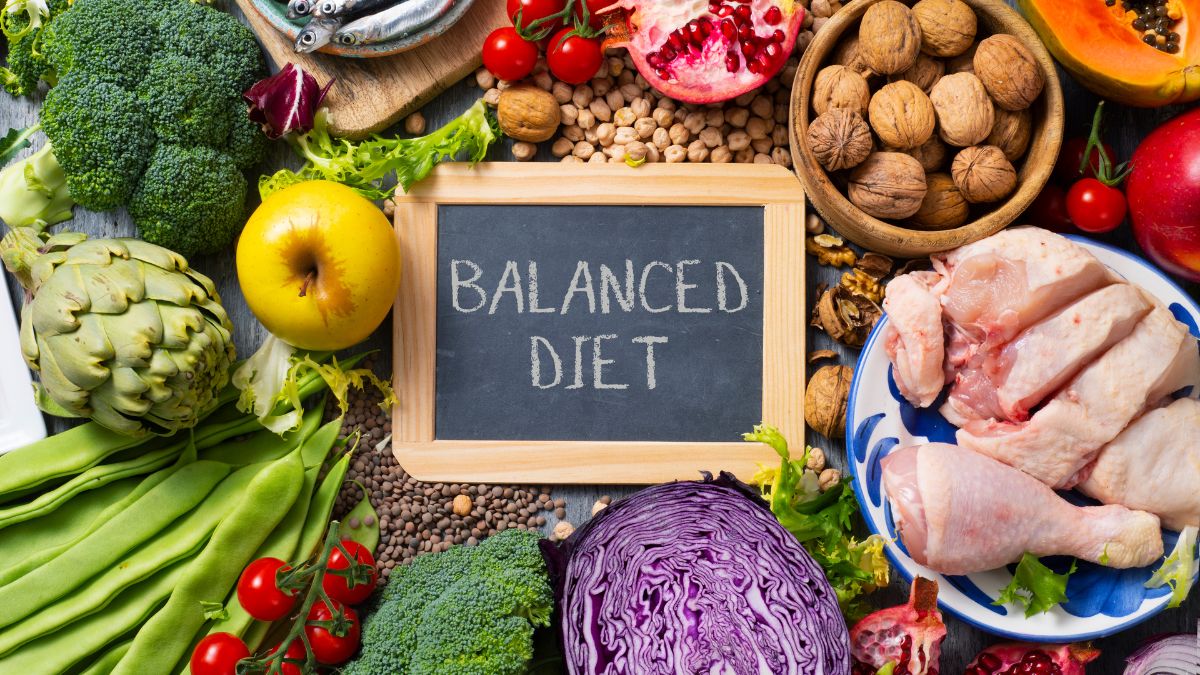- By Bornika Das
- Thu, 18 Sep 2025 08:02 PM (IST)
- Source:JND
The holiday season is a period of merriment, camaraderie, and well, indulgence. From midnight laddoos to extravagant dinners that run well into the wee hours of the night, food tends to be the star of our festivities. As delicious as these snacks are, bringing on smiles instantaneously, however, health experts warn that late-night festival gorging silently affects our health. Most individuals observe additional kilos that have accumulated post-holidays, but the cause is not merely "overeating," it has more to do with when we are eating.
It is said that our body operates on an internal timer, called the circadian rhythm, which controls the way we efficiently process food. Consuming heavy meals in the late-night hours disturbs this rhythm, lowering the efficiency of the metabolism and raising the likelihood of calories getting stored as fat instead of being consumed as energy. In the long run, this not only causes weight gain but also imposes risks of acidity, high blood sugar levels, and other metabolic disorders. In conversation with The Daily Jagran, Dr Aparna Govil Bhasker - A Bariatric, Hernia and Laparoscopic Surgeon, LH Hiranandani Hospital, Saifee Hospital, and Namaha Hospitals, Mumbai, shares why late-night festive feasting leads to weight gain and vital tips to stay healthy.
ALSO READ: Why Childhood Obesity Is Rising And How Parents Can Help? Know From Doctor
Vital Tips To Stay Healthy During Festivities
Have Early Dinners (7–8 pm): Allow enough time for digestion before sleep, reducing the risk of weight gain, acidity, and heartburn.
Practice Portion Control: Enjoy festive sweets and rich foods in smaller servings to satisfy cravings without overwhelming digestion.
Eat Regular, Balanced Meals: Avoid skipping meals to “save calories,” as this often leads to overeating later. Include protein- and fibre-rich foods to promote satiety.

Tips To Remain Healthy During Festivity (Image Credits: Canva)
Stay Hydrated: Aim for 2 to 3 litres of water daily. Adequate hydration supports digestion, prevents overeating, and helps distinguish between thirst and hunger cues.
Choose Smarter Snacks: If late-night hunger strikes, opt for light options such as a handful of nuts or a glass of plain milk or home-based dry fruit chikki made with dates rather than fried or sugary items.
Incorporate Light Activity: A 20-minute walk after meals aids digestion.
ALSO READ: 5 Calorie-Laden Food Combinations You Should Never Eat During Your Weight Loss
Prioritise Sleep: Ensure 7–8 hours of restful sleep to regulate appetite and metabolism.
Manage Stress: Use relaxation techniques and spend quality family time to prevent stress-induced emotional eating.
Limit Alcohol: Alcohol provides empty calories and slows metabolism.
Holiday weight gain is not the result of a mysterious “festive metabolic slowdown” but rather a combination of circadian misalignment, hormonal disruptions, increased calorie intake, and reduced activity levels. By adopting mindful strategies, such as eating early, practising portion control, staying active, and managing stress, it is possible to enjoy the season’s delights while protecting long-term health.

